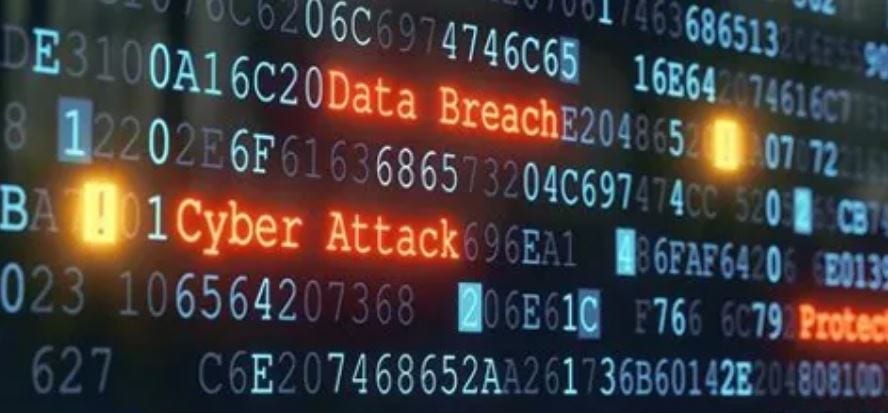We keep hearing about cyber attacks every now and then. Many people, both on an individual level and on a business scale, have been victims of cyber attacks. However, businesses, irrespective of their size, have been victims of cyber attacks in a manner that they have incurred huge losses. Therefore, it becomes essential to prepare oneself for cyber attacks, especially for small businesses who should pay attention to it. Most of the time, small businesses lack the resources to fight cyber attacks and then deal with the aftermath. Here are a few ways in which small businesses can combat cyber attacks.
Backup your data
Having a backup of all the data is vital for fighting cyber attacks. A backup of the data and website will ensure that you can quickly recover the lost data. Thankfully, backup of the data is not expensive. If the amount of data you are dealing with is small, you can even consider free cloud storage. However, while doing it, ensure you use a private Wi-Fi connection. A public IP address might have many loopholes. Use What Is My IP to check the IP address of your device before backing up the data. Further, ensure that you carry out the backup regularly.
Secure your network and device
Ensure that your device, operating system and software are up-to-date. Updating the software is important to fight the previous version’s security bugs. You can go for both manual and automatic updates as per your requirement. In addition to that, install antivirus and antimalware software on your device. Many devices have an in-built firewall; turn it on to give your device an extra layer of protection.
Use your phone to verify financial requests
You might need to deal with plenty of financial transactions as a business. Using email to complete a financial transaction might be handy but is not very safe. Instead, use your phone to verify all the financial requests. However, if you cannot manually verify all the financial requests via phone, at least turn on a two-step verification process to give your money an additional layer of protection.
Use a strong password
One of the simplest ways to secure different business accounts is by using strong passwords. A strong password has a long set of characters that includes numbers, special characters and a combination of uppercase and lowercase letters. Further, keep changing your password regularly to ensure that it stays safe. When you are creating a password, try to go for non-dictionary words. Avoid using details of your personal information like your spouse’s name or date of birth as passwords.
Turn on multi-factor authentication
Whenever your account or service supports multi-factor authentication, go for it. Multi-factor authentication requires two or more proofs to allow access to your account. For instance, you might need to verify access to the account both through an email or an SMS for accessing the account. This ensures that only you have the power to access the account.
Educate your employees
Not everyone is tech-savvy; therefore, it is crucial to train your employees in managing their online activities. Conduct regular training of your employees to identify and further, deal with cyber attacks. For instance, with proper training, your employee might be able to identify a phishing email. If they know how to identify a phishing email, they can also avoid falling prey to it. Therefore, educating the employees is so important.
Monitor the computer or laptop device
As a small business, you might give your employees laptops or computers for business usage. Keep a record of all such devices that you give to the employees. In addition, train your employees on how to use the device and manage it. Ask them to be careful about where they keep the device. In addition, they should be cautious about the networks with which they connect the device. Further, one should be cautious about the USB device or hard disk they are connected to.
By practising these security tips, your small business can save itself from cyber attacks. Also, keep yourself updated about all the newer kinds of cyber-attacks so that you can take all the necessary precautions. Not only equip yourself with this information but also train your employees regarding the same.










